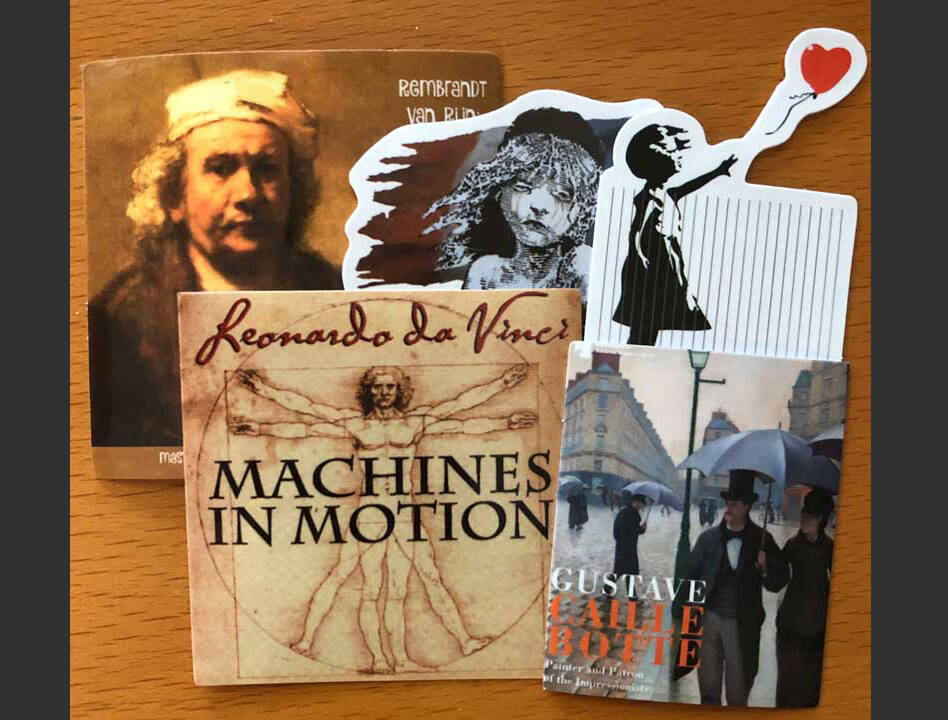By Morf Morford, Tacoma Daily Index
Most of us might think of culture as the arts that are officially recognized and displayed or performed in public. That’s largely accurate – but only partially true.
Culture is basically two things – one is the set of assumptions about how we behave in public, respect personal space, treat each other and communicate. The other, perhaps more enduring face of culture is more pragmatic; culture could be defined as everything we leave behind.
In both categories, culture is very rarely deliberate. Culture is largely unintentional, even sometimes purely accidental.
How we drive, our pace of life, how we speak to each other and, of course, how we express ourselves is, in a practical sense, our culture. And few of us think much about it.
But culture is one of the first things we notice when we go to a different place. And that “different place” could be across the world, a different part of town or even just down the street.
America, especially on the West Coast, often gets criticized for “not having any culture.” At one level, this is absurdly false.
Culture is what humans do. Every human place has, or even is, culture.
From spoken accents to what we had for breakfast to how we get to work, culture provides (and limits) our options.
At another level, however, the criticism that we have no culture here rings true.
Yes, we have museums, even a “theater district.” But as many of us know all too well, even the most historic and architecturally stunning buildings can be demolished at the whim of progress, incompetence or the relentless rage of nature and time.
Artists and writers leave behind a portfolio of their works – a legacy to us all. But what is our community legacy?
No matter what our artistic inclinations might be, we all, individually and collectively, leave something behind. It might be that obsessively curated collection of travel souvenirs or posters or books or toys or almost anything else.
But what do those things, purchased, carried and stored for who knows how long mean to anyone else? They meant something to us, but will they hold meaning or value to anyone else?
Got Junk?
Like most people, I have a basement full of stuff I have acquired over the past several decades. Some of it is of high market value, other boxes and crates hold items of sentimental/historic/personal value. Some items will be repaired “some day”.
But most of it, I am afraid, will meet someone else’s definition of “junk” and it probably will all be thrown away or donated. And maybe most of it should be. But getting rid of it, and, in the process erasing our own history, is what we do. That’s our culture, right there.
We demolish, erase, forget and neglect.
Most of us don’t know what history is, and we don’t see it no matter how close it is to us. And we won’t protect what we can’t even see.
Perhaps a third criteria for culture is required; culture is what other people notice.
Don’t know what we have until its gone
Just as most of us don’t recognize (or acknowledge) our own accents (yes, we all have one), few if any of us recognize our own culture – until we are at the risk of losing it – or already have.
The legend of the artist becoming famous only after they die is a standard story – because it is largely true.
Van Gogh may have painted almost 900 paintings over nine years, but while he was alive, he only sold one – to a friend; just a few months before he died. Most of his art was traded for food, art supplies or to pay rent. The person who cleared out his rented rooms upon his death almost certainly considered every thing in his room as “junk” – even the art – which is currently among the most expensive in the world.
Culture is like that. It takes time to see and acknowledge it. Whether it’s a painting or a building – or any cultural artifact – we often don’t see a thing, or appreciate its value, until someone else points it out to us.
Who knows? That inexplicable knickknack that was at a yard sale or in your basement could be worth thousands in year or two.





